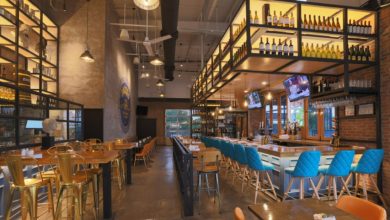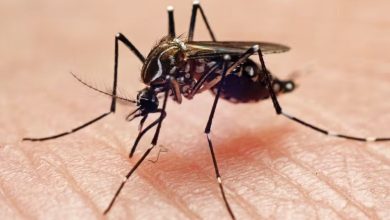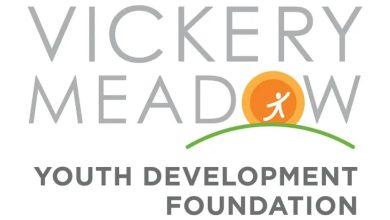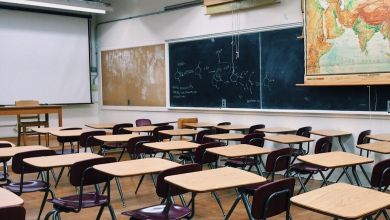North Texans Weigh In On The 2020 Election As Early Voting Begins

Dallas, Texas – With early voting beginning Tuesday, North Texas voters talk about what’s on their minds as they head to the polls. The pandemic, economy, immigration & racial justice are just some of the issues they care about.
Kevin Wang moved to North Texas from Florida about a year ago to take a job as a watch dealer.
“It’s been great. I mean, there’s so much happening in this area, especially in the North Dallas area with all the new companies coming here,” he said. “There’s so much new money floating around here. So yeah, it’s been a blast so far.”
But what’s not good, Wang said, is President Trump’s response to the coronavirus.
“I think right now, [leadership] as a whole is very unstable. So my hopes for the next candidacy is to bring some stability back.”
Early voting starts Tuesday in Texas. That means voters will have about three weeks to cast a ballot before Election Day.
Katie Lee of Wylie is looking to the candidates for practical immigration policies. Lee owns a food manufacturing business, and thinks the system needs fixing.
“We can’t seem to manage what is already here, and we need to understand how to deal with that, from illegal immigrants that are here but actually, honestly, trying to be productive members,” Lee said. “I think somebody needs to put in a plan of action that makes sense.”
Lee voted for President Trump in 2016 and is leaning towards him again because she likes his economic record. She would have liked a more issues-oriented first debate.
Her husband, Richard Lee, is also leaning towards another vote for the President. When asked about The New York Times’ report that Trump only paid $750 in income taxes, he said that wasn’t a huge issue for him.
“If he did it legally then I think it’s genius,” he said. “What it shows is how many loopholes are available in the tax law, and if he followed the law then there’s nothing wrong with it.”
The Lees seem open to changing their minds based on future Trump-Biden debates. John Hunt of Plano, on the other hand, said he has at least half of that equation solved.
“I can’t support the Democratic platform, so I will not vote for Joe Biden,” he said.
Hunt’s been a consistent Republican voter and said because of his faith, he’s against abortion, whereas Biden supports a woman’s right to choose. But Hunt also said he didn’t vote for Trump or Hillary Clinton in 2016, and the president hasn’t won him over yet this year.
“It remains to be seen, what I will do,” Hunt said. “I guarantee at this house, we’ll have a Trump vote, because my wife will vote for Trump.”
Buke Dube is a McKinney resident and an immigrant. She moved to Texas two decades ago with her family, fleeing Zimbabwe, a country with an autocratic government.
“I would never have guessed that 20 years later, in America, I’d be facing those same things head on,” she said. “A dictator, an authoritarian and somebody who’s inciting violence and ethnic genocide, essentially, of Black people.”
Dube thinks President Trump is an existential threat to democracy.
“I am voting for every Democrat that is on the ballot. And I stand on that and that is on the record,” she said. “So is the rest of my family and friends.”
People clearly see this election as having very high stakes for the country. Some also think the act of voting itself has high stakes, as we continue to live in a pandemic.
Natalie Heath of Plano is a reliable voter who cares about racial justice, but because she’s worried about catching coronavirus, she might not vote. Heath did, however, vote in this summer’s runoff election.
“They gave [you] Q-tips and everything [was] kind of safe,” Heath said. “It wasn’t crowded at all, but runoffs never are. I just feel like the turnout for this election is going to be probably a little bit higher, because it’s a presidential one.”
Texas has notoriously low voter turnout, but with polls showing a closer-than-usual race at the top of the ticket, 2020 may be one for the record books.
States like Wisconsin, South Dakota and Virginia have already collected more than a fifth of the votes they did in 2016.





